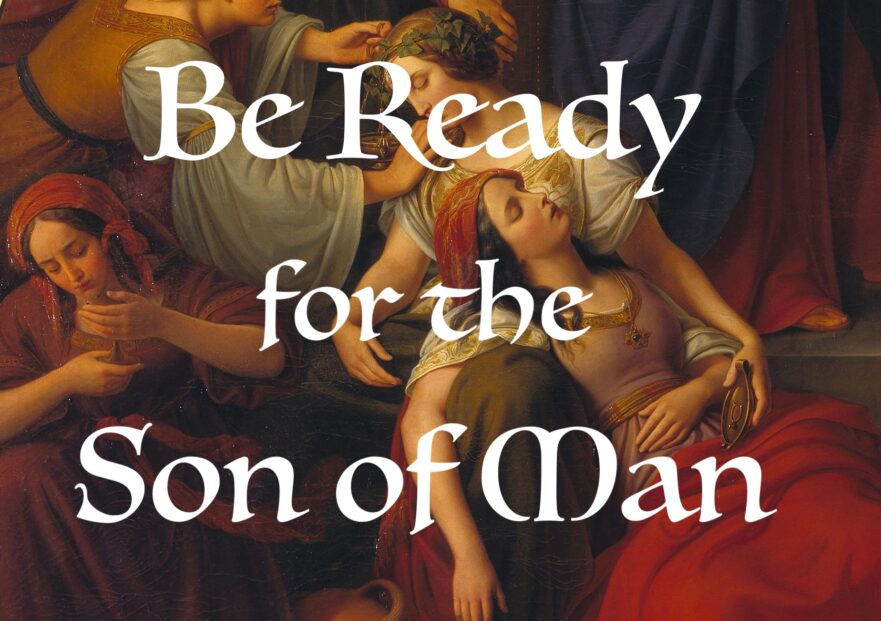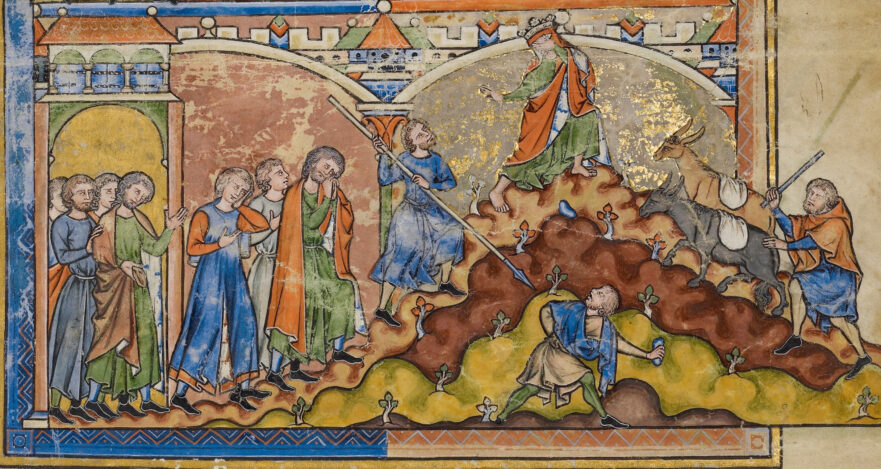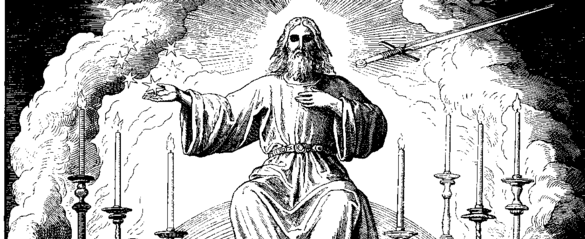A householder might be surprised by a thief, but those who know the Son of Man is coming need not be caught unawares.
Heaven and Earth Pass Away

Jesus claimed his interpretations would bring out the true intention of the Torah’s commandments without rendering a single verse, word, letter, or even pen stroke superfluous.
Son of Man’s Coming
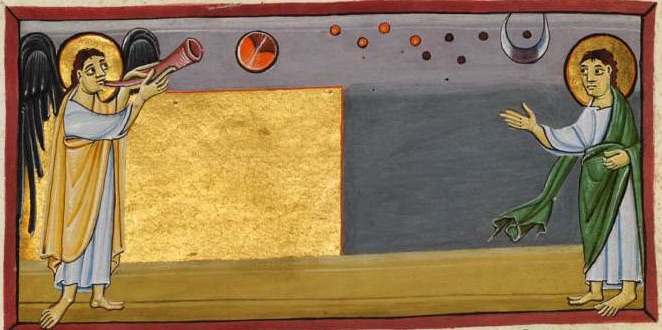
Son of Man’s Coming describes the cessation of the times of the Gentiles and the ultimate vindication of Israel in terms of the apocalyptic image of “one like a son of man.”
Yohanan the Immerser’s Eschatological Discourse
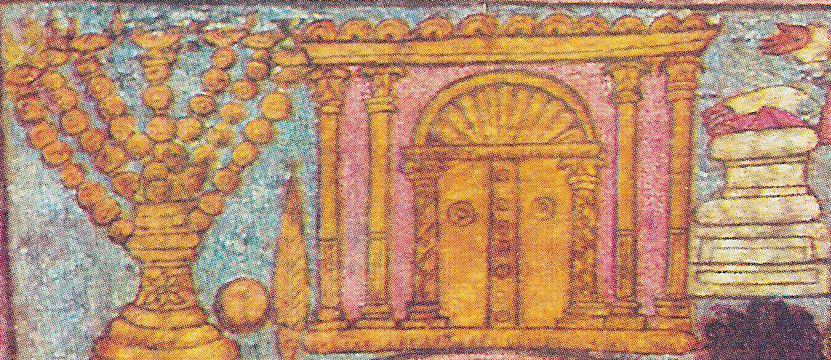
John the Baptist anticipated the coming of an Elijah-like priestly messiah who would purify the Temple on an eschatological Day of Atonement.
“Destruction and Redemption” complex
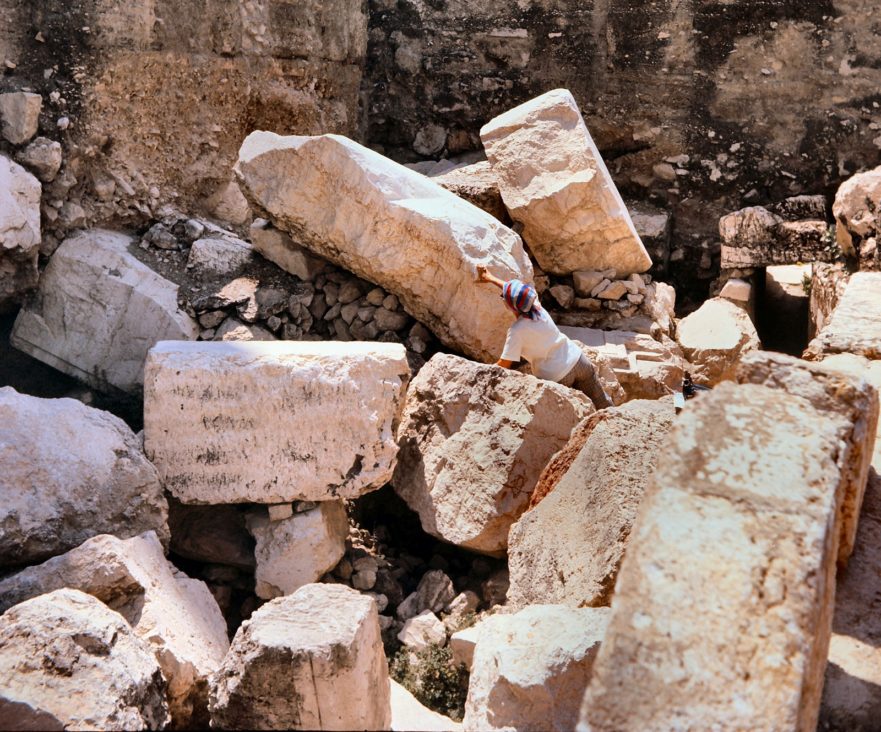
A reconstruction of Jesus’ prophecy of the coming destruction of the Temple and future redemption of Jerusalem.
Darnel Among the Wheat Parable

Is the Darnel Among the Wheat parable an allegory about eschatological events, or a lesson about God’s character?
Yeshua’s Words about Yohanan the Immerser
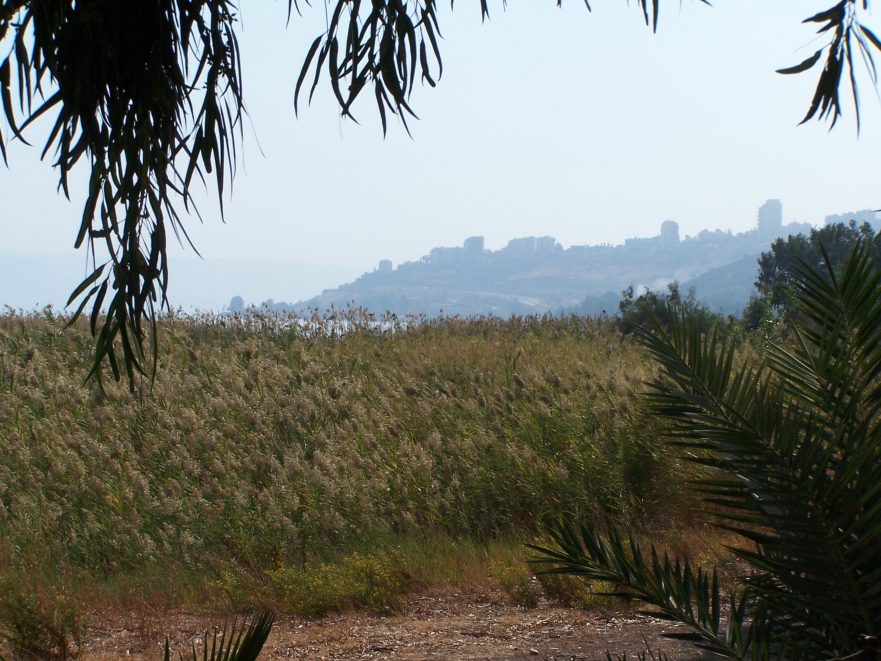
Did Jesus regard John the Baptist as a prophet? As more than a prophet? What did he mean that the least in the Kingdom of Heaven is greater than John the Baptist? Explore these questions in Yeshua’s Words about Yohanan the Immerser.
The Times of the Gentiles and the Redemption of Jerusalem
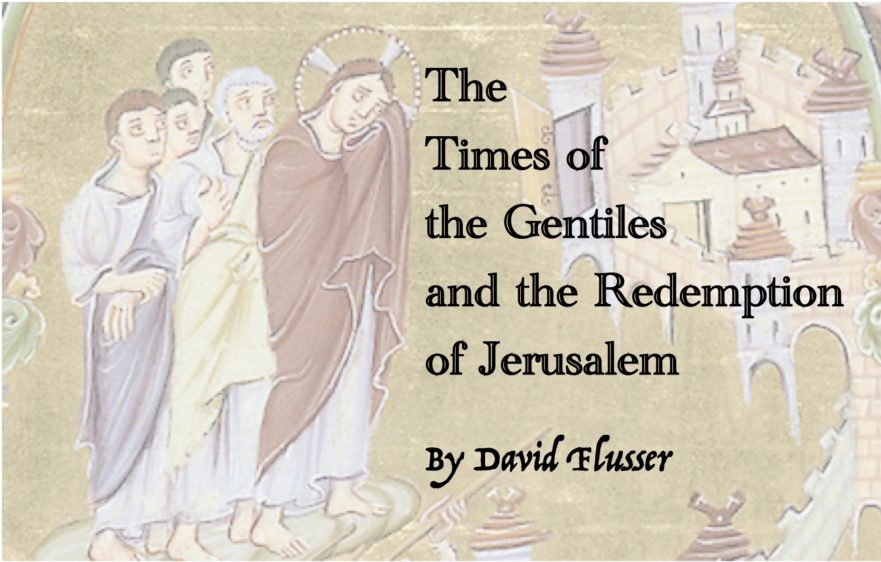
In this article David Flusser applies the methods of the Jerusalem School of Synoptic Research and the insights of Robert Lindsey’s solution to the Synoptic Problem to Jesus’ prophecy concerning the destruction and liberation of Jerusalem.
Fishers and Hunters: A Fishy Reading of Jeremiah 16:16
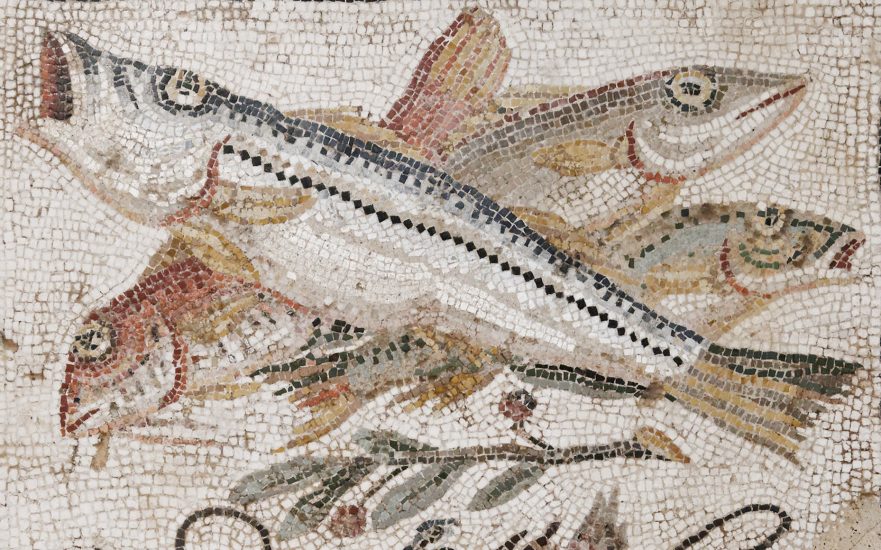
Based on on a “fishy” interpretation of Jeremiah 16:16, some Christians see it as their duty to warn Diaspora Jews of a coming persecution.
The Interpretive Key to the Four Horsemen of the Apocalypse
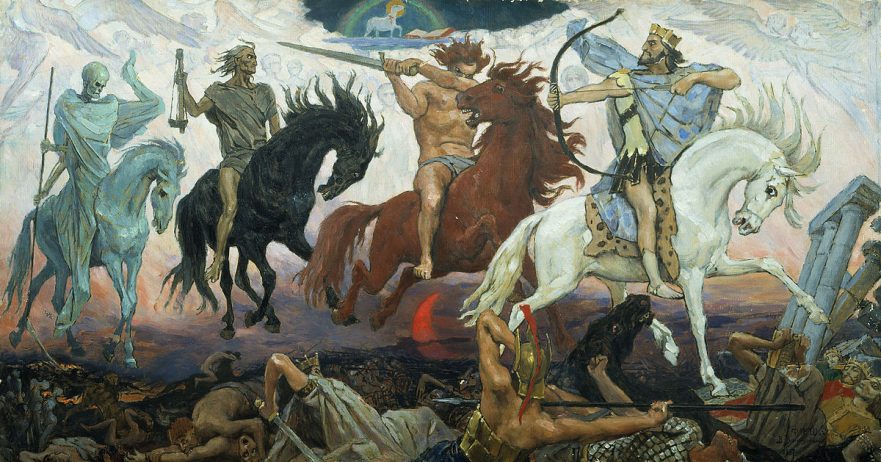
Modern readers of the Book of Revelation usually assume that the key to understanding the book lies in discovering a one-to-one correspondence between the figures it presents, and real-life figures. But the correct interpretation of the four horsemen appears only when we consider the four together as a unified symbol of widespread calamity.
666: One Number or Three?
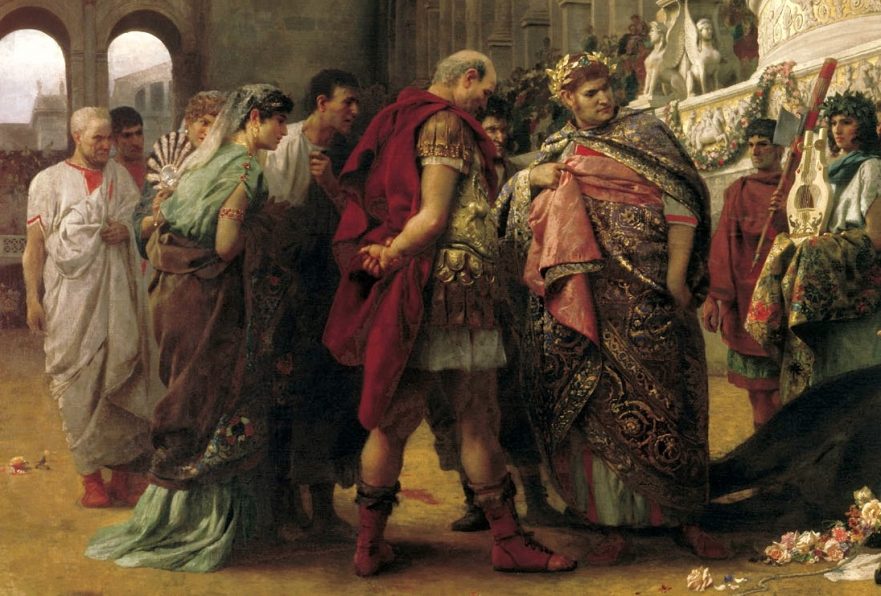
Any objective reading of Revelation can hardly fail to see the importance of this number within the author’s web of historical signifiers.
Beyond an Inheritance

Could it be that the original integrity of Jesus’ message about the Kingdom of Heaven was later compromised by the presence of other expectations of a messianic-eschatological character that circulated promiscuously in early Christian communities?
The Nature of Jesus’ Task
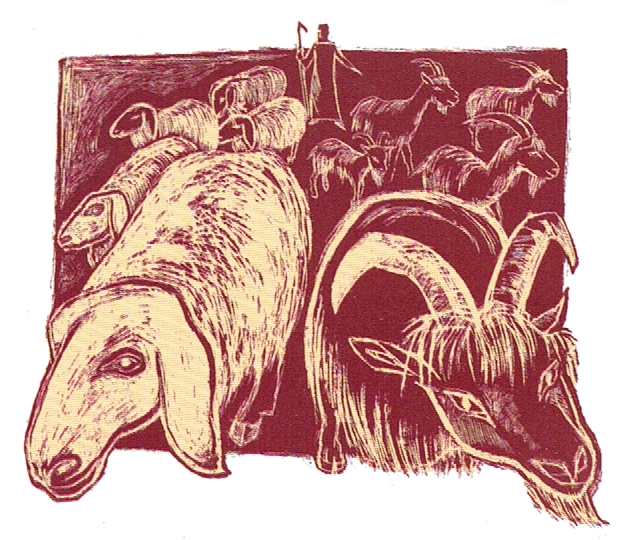
Christians read their Bibles through a lens of historical hindsight to illuminate certain features of Jesus’ teaching. Jews living in the first century did not have this benefit, and even one as saintly as John the Baptist struggled with aspects of Jesus’ messianic conduct.
Matthew 16:18: The Petros-petra Wordplay—Greek, Aramaic, or Hebrew?
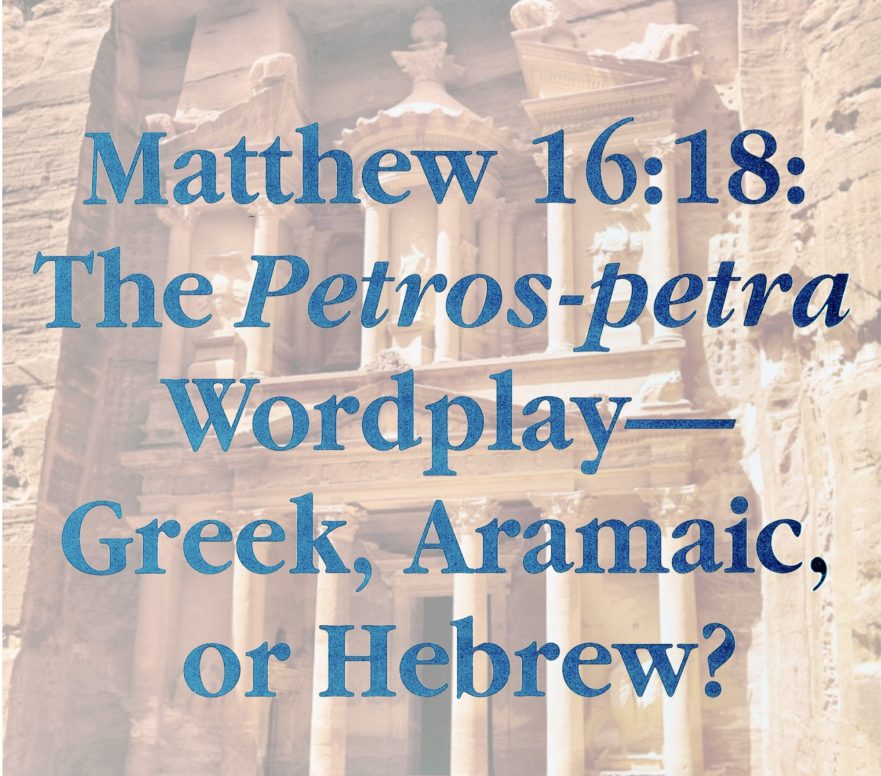
The pinnacle of the Gospel story may be Jesus’ dramatic statement, “You are Petros and on this petra I will build my Church.” The saying seems to contain an obvious Greek wordplay, indicating that Jesus spoke in Greek. However, it is possible that “Petros…petra” is a Hebrew wordplay.
Book Review: David Flusser’s The Spiritual History of the Dead Sea Sect
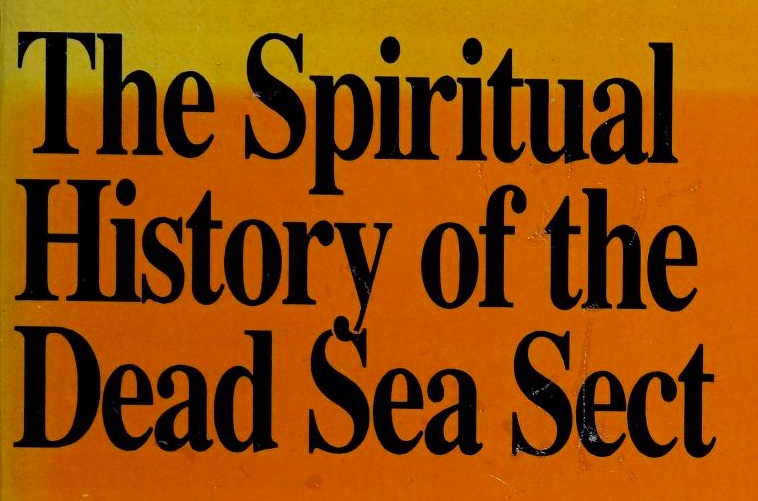
Based on a series of radio lectures, the book retains much of its original conversational tone and structure, but has been expanded to present a more detailed overview.


